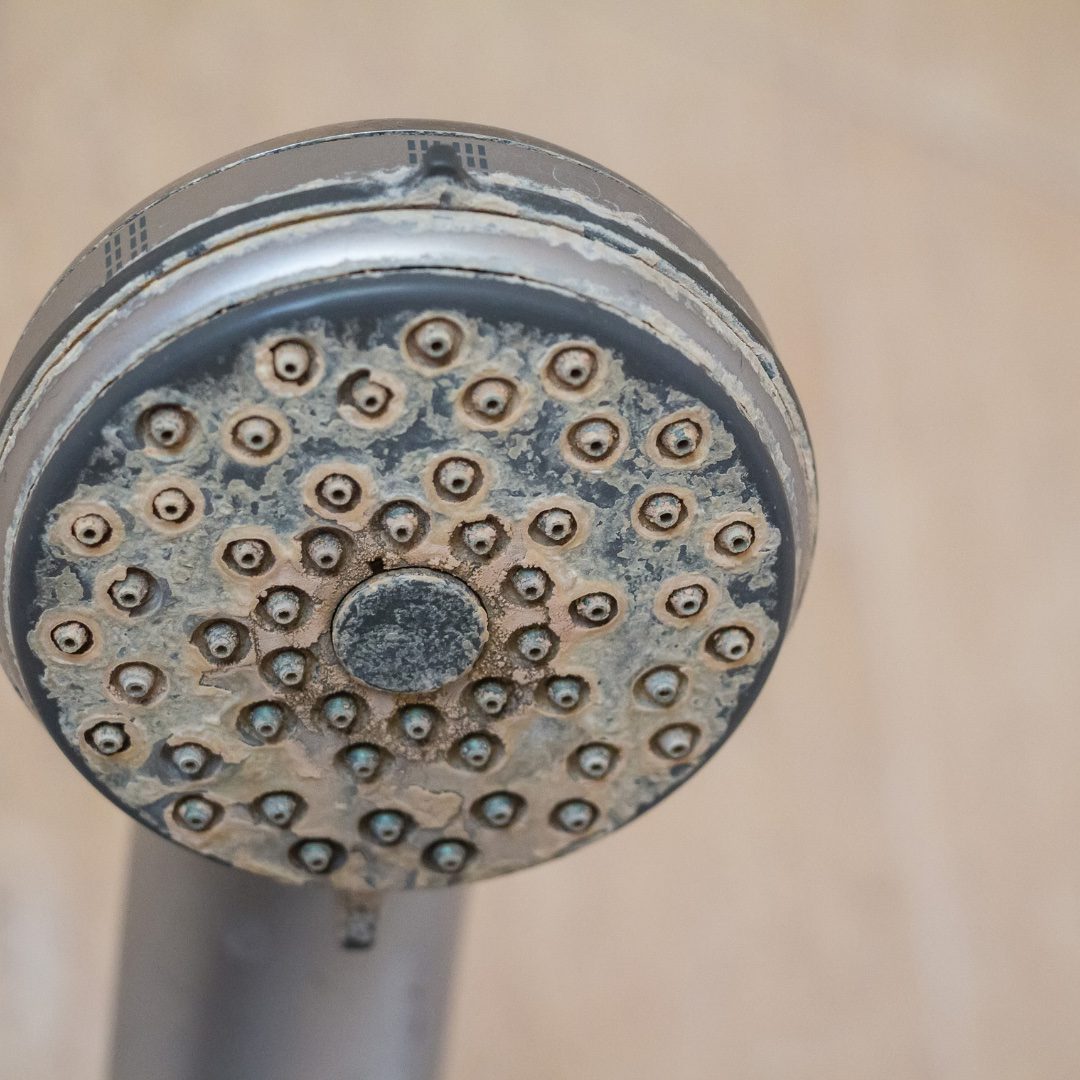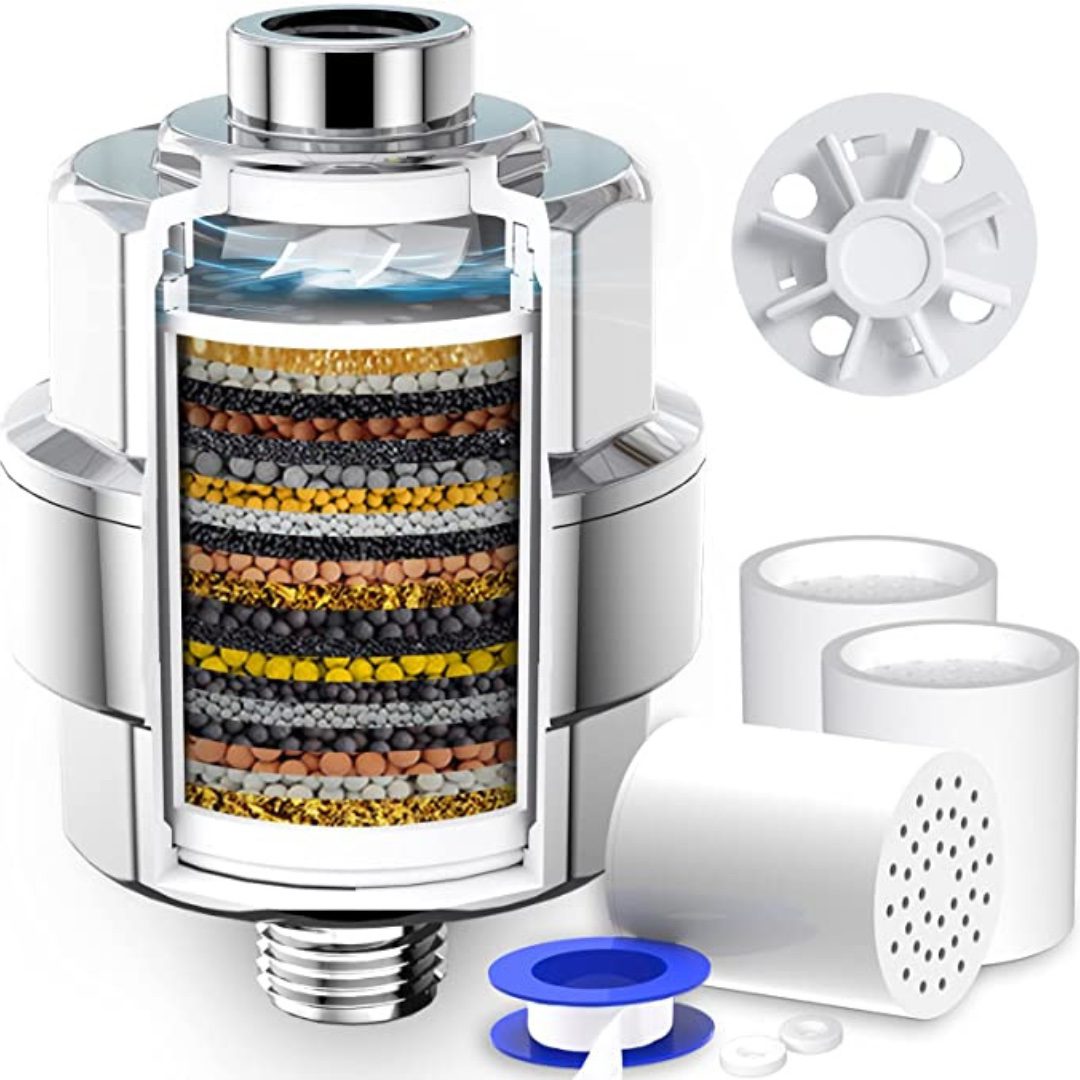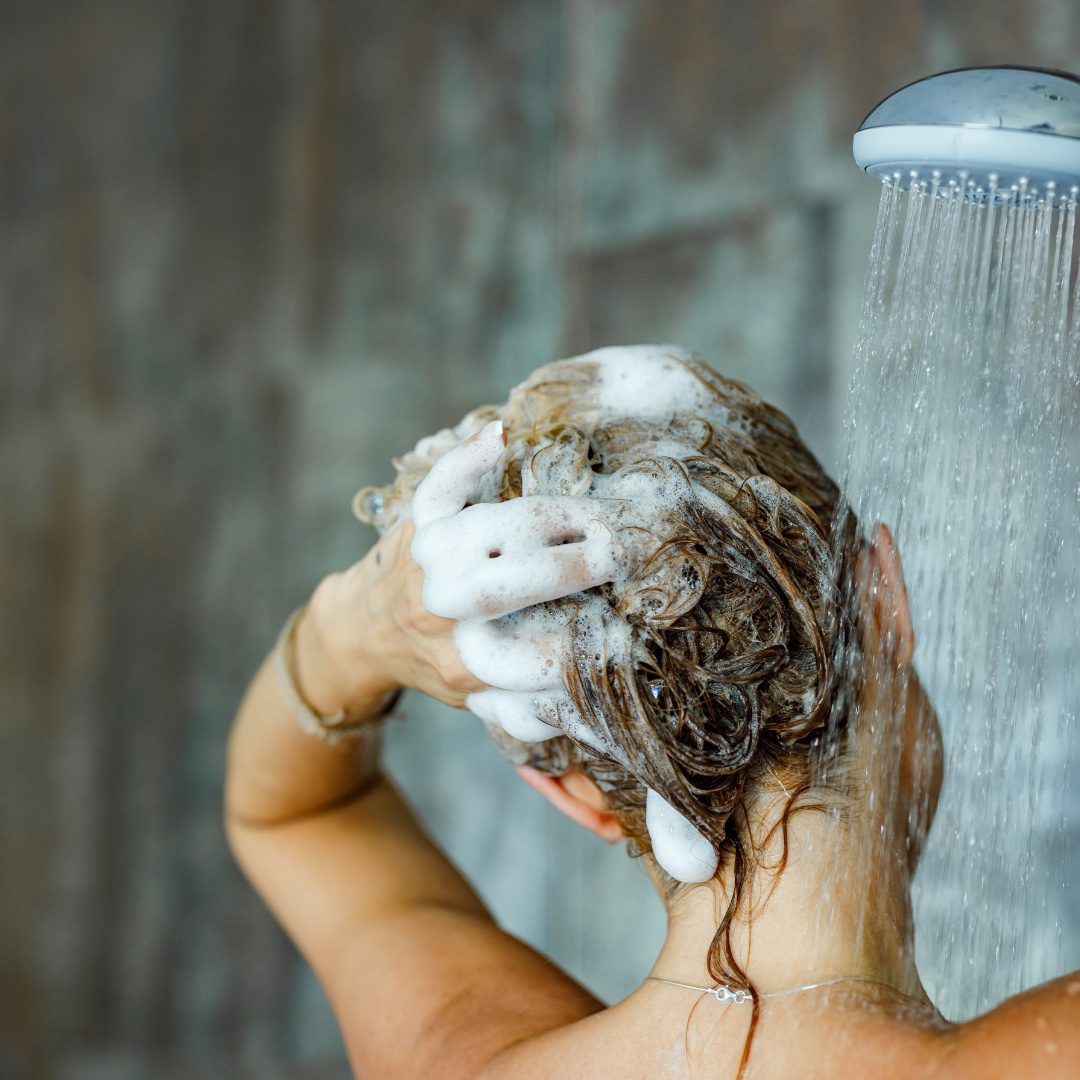You’ve tried everything but your hair becomes more brittle and dry after every wash and your scalp never feels clean no matter what shampoo you lather on it?
That might be due to hard water.
Hard water – the term itself sounds like the name of the thriller.
How actually water could be hard?
When we talk about hard or soft water, we’re not actually referring to density or feel. The scale of hard to soft is related to the concentration of minerals in the water. The more calcium and magnesium (or iron, copper, lime, sodium) the water has, the “harder” it is. You can’t actually see these minerals, but it’s pretty likely that you might have hard water at home.
When you wash your hair with hard water, minerals, such as calcium and magnesium build up on your hair and scalp and create a film which makes it difficult for the moisture and nutrients to penetrate.
As a result, the hair is left dry and prone to breakage.
The tricky thing is that minerals build up over time and can cause a butterfly effect of other issues. Let’s say, your colored hair may fade or change tremendously.
You may notice that your scalp is dry, flaky, or even greasier than normal.
Hard water can weigh down your hair and make styles look flat. It can even irritate skin prone to eczema.
Leave these issues unresolved and it could even lead to hair loss.
How To Know That You Have Hard Water
Put your detective mode on and just ask yourself the following questions

- Do you feel a film on your hands after washing them?
This is caused by the soap reacting with calcium to form soap scum. You may need to rinse your hands longer if the water is hard.
- Have you ever seen water droplet residue on a glass right after you take it out of the dishwasher?
FYI: this is a mineral deposit from your water. And yes, most probable your hairs are coated with a mineral deposit in the same way! And don’t forget to inspect your bathroom. If you’re constantly fighting against a powdery white or greenish coating on and around your faucets—that’s a sign that you have hard water.
- Do you see mineral stains on your clothes? Is there a tendency that your clothes wear out faster?
These show up on clothes when they come out of the washing machine. Clothes can wear out faster because of the harshness of hard water.
- Do you have low water pressure in your house?
Mineral deposits can form in the pipes, essentially shrinking the interior diameter of the pipes and reducing water flow.
If you don’t want to play a guessing game, the easiest way to diagnose hard water is to buy Water Hardness Test Strips on Amazon
99% accuracy is guaranteed!
How To Get Rid Of Hard Water Damage?
- Invest in a filter for your shower head
Well installing an entire soft water system in your house could cost a fortune and requires maintenance. You’d better start with a more affordable option.
Get a filter for your shower head.

It’s aka a Brita for your shower, filtering out minerals like calcium and magnesium—two common culprits when it comes to hair dryness
That’s our team’s recommendations: AquaBliss, SparkPod or BWDM Hard Water Filter
- Don’t forget about a pre-shampoo treatment
Don’t skip this important hair care routine. Pre-shampoo oil treatment will create an occlusive shield which helps to mitigate hard water damage. Luckily, you’re using HairCare App so you’ll always get a reminder about the upcoming pre-shampoo treatment

- Use a chelating shampoo
It’s not enough to use a clarifying shampoo! Look for a shampoo formulated with chelating agents. Look for a clarifying shampoo that contains an ingredient called tetrasodium EDTA or EDTA complex—an effective chelating agent. In the next blog post will share some product that’ll help you to get rid of mineral build up
- Add apple cider vinegar rinse to your hair care routines
If you have hard water, apple cider vinegar may ease some of its effects.
Make an apple cider vinegar rinse.
Mix 1/3 cup of apple cider vinegar with 1 qt distilled water. First, shampoo your hair and rinse well. Apply the mixture, leave on for a few seconds, and rinse with cold water.
Stay tuned! In the next post we’ll share some effective products that can help you to eliminate hard water damage


